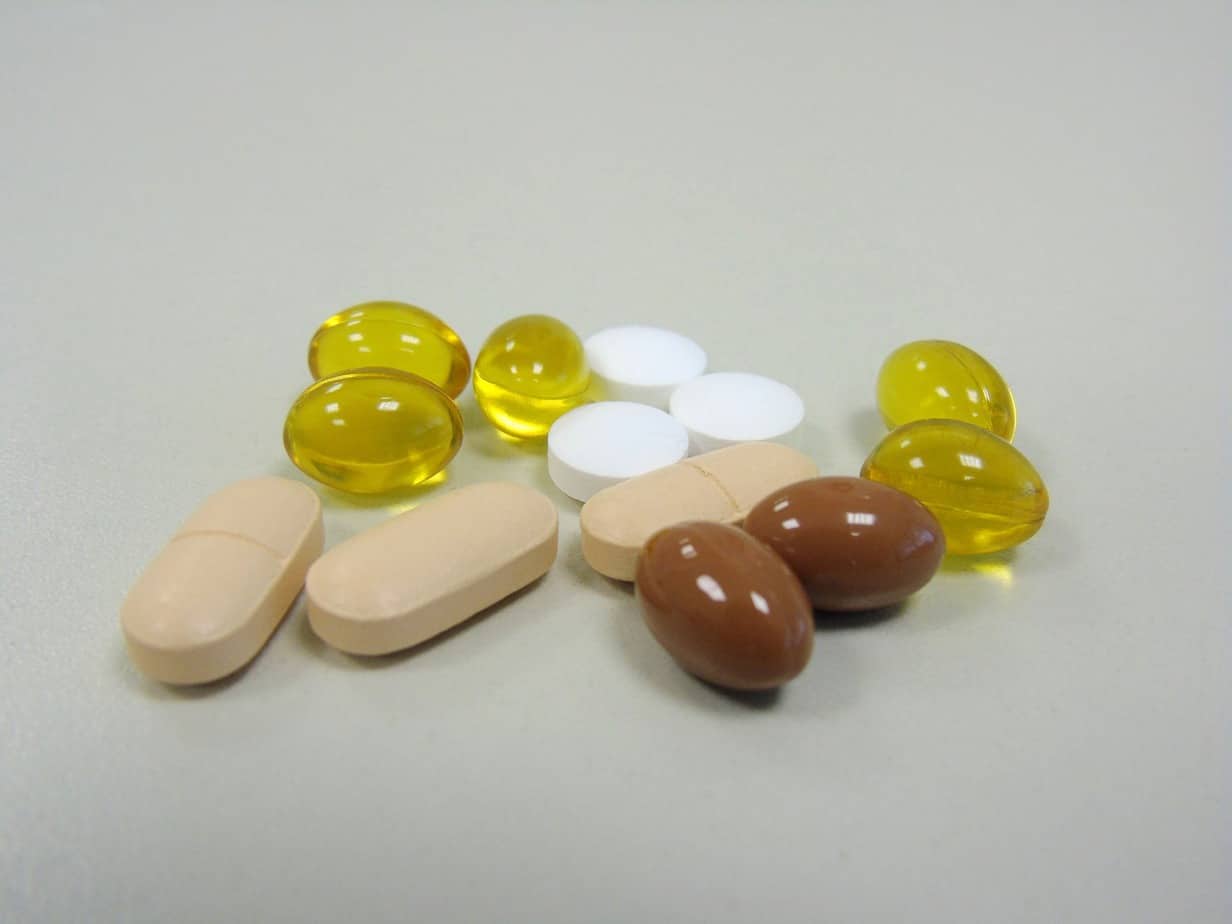Vitamins are a class of food required in trace quantities for your body to develop and grow normally. That said, the reason vitamins are called organic substances is because they contain the element called “carbon”.
Preferably (but rather ideally for most), all your vitamins should come from food sources. If you don’t have time to cook every day, consider using a meal delivery service. However, the reality for most is that they must add supplements in combination with their food sources to get the recommended daily intake. For those who love to indulge in preworkout or BCAA's read about it here to see which is going to be better for you.

More so, the amount the body produces is little compared to what the body needs. This is why the knowledge of the amount you are to take is very important. Fortunately, an infographic recently compiled by medalerthelp.org shows you everything you need to know about vitamins, and how much of each vitamin your body needs.
There are 13 known vitamins altogether, and each one of them is required in the body in different quantities. Furthermore, these vitamins are divided into 2 groups: fat-soluble and water-soluble. The fat-soluble ones are stored in the liver and fatty tissues of the body. They are vitamins A, D, E, and K. These store up in the human body quickly and for long – even up to weeks and months. They are also called fat-soluble because fats aid their quick absorption into the body.
Vitamins D and K are produced by the body, but still require some topping up as advised by nutritionists. And if you are a vegetarian, then you must be buddies with vitamin B12 supplements. Water-soluble vitamins, on the other hand, do not stay in the human body for long. They are excreted in no time through the urine. This is why they have to be taken more frequently and replenished more than the fat-soluble vitamins. There are 9 vitamins in the vitamin B family, and there’s vitamin C.
The reason there’s a lot of emphasis on vitamin intake and taking them in the right amount is that there are health risks one may be exposed to if there’s a deficiency of one or more of these vitamins. Vitamin C deficiency, for instance, can cause someone to be anemic. Also, Vitamin A, which can be obtained from vegetables like collard greens, cod liver oil, broccoli, sweet potato, and eggs, is known to prevent the condition known as night blindness.
So, the easy way out is to make a habit of eating a balanced diet that contains a wide variety of the right kind of foods (especially vegetables and fruits) in the right proportion. With vitamin supplements, it is not advisable to just read a health journal and head for the stores on your own to get some. It is always better to consult with your doctor before you get any supplement for yourself. In case you didn’t know, when taken in high doses, some vitamins may cause health problems.
You don’t have to rob a bank to live a healthy life with vitamins as some people think. Just making some simple smart choices will go a long way in ensuring you have enough vitamins in your daily meal plan. And where that proves inadequate, you can add some carefully selected supplements to make up for the shortfall.







